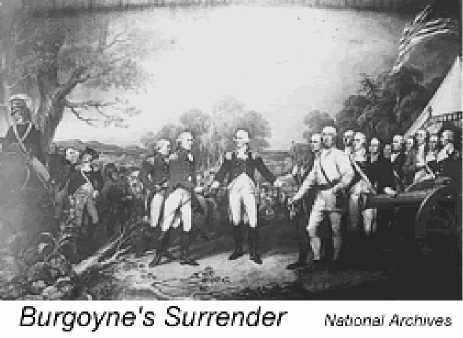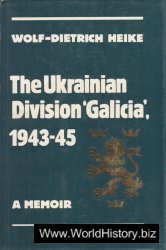The American victory at Saratoga persuaded the French to offer a formal alliance—founded on their desire to revenge the losses in the French and Indian War, as well as by Benjamin Franklin's brilliant diplomacy—that turned the American rebellion into a much wider war. From the beginning of hostilities, France had secretly been supplying the Americans with arms, using phony corporations as a cover. After Saratoga, England feared an open alliance between France and America and proposed peace. Parliament offered to repeal all acts passed after 1763, to respect the right of Americans to tax themselves, and to withdraw all English troops. The Americans, however, by now preferred full independence and were no longer in a mood to bargain. Louis XVI of France recognized American independence in December 1777. In January 1778 French Minister Vergennes offered to enter into two treaties with the United States, military and commercial.

Meanwhile, Spain decided to join the fight against Great Britain but did not recognize the United States minister to Spain, John Jay. Jay failed to gain Spanish recognition of independence but did manage to borrow a small amount of money. Spain was anxious to recoup some of its holdings in North America, which in fact did occur: Florida was returned to Spain during the peace negotiations in 1783. Also making Great Britain's situation more troublesome, Russia, Sweden, Denmark, Holland, and Portugal entered the "League of Armed Neutrality." Although those nations did not actively intervene on the American side, their action meant that Great Britain was, in effect, fighting the entire Western world.
Saratoga and its aftereffects were the second great turning point of the war, the first having been the Great Declaration of 1776.




 World History
World History









